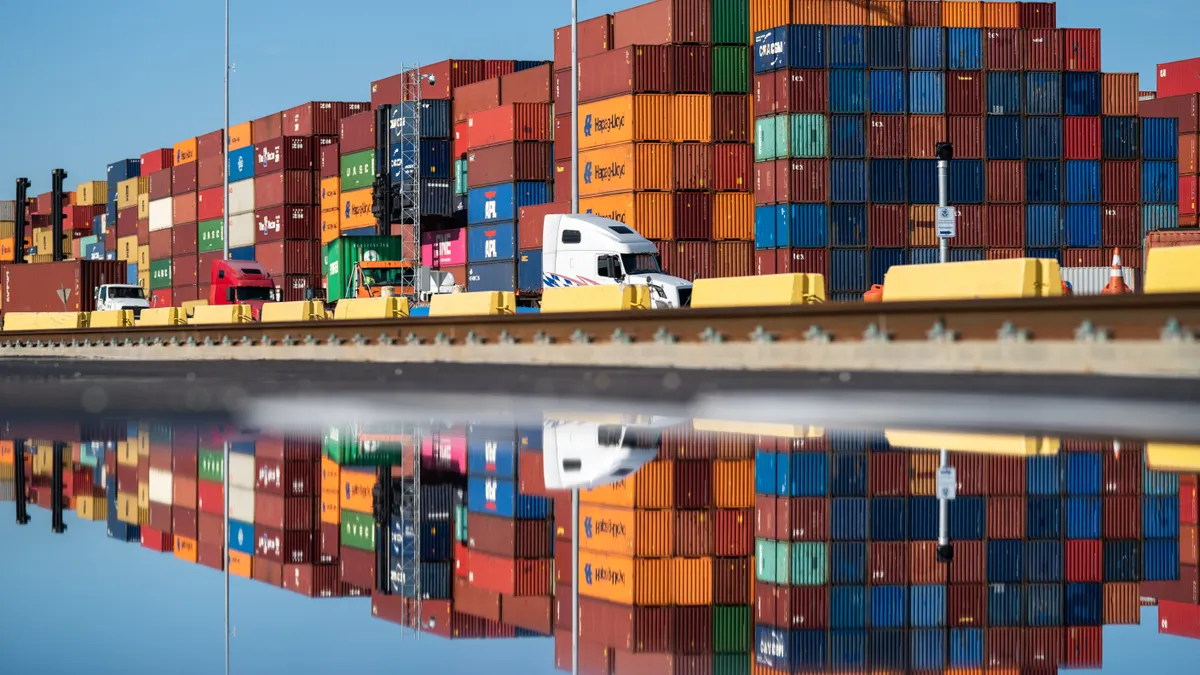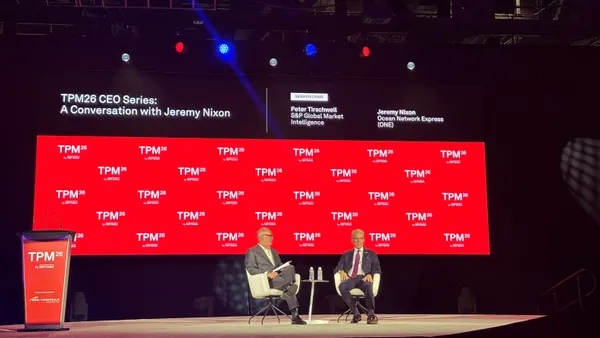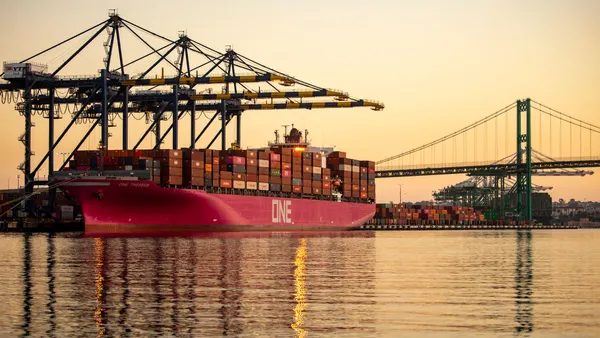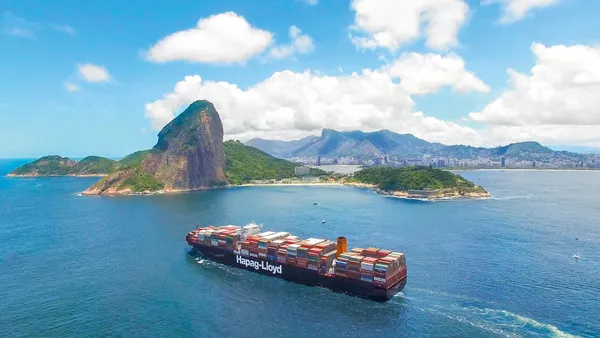The United States plans to impose penalties on countries supporting the International Maritime Organization’s Net-Zero Framework, a global tax that aims to decarbonize the international shipping sector, according to an Oct. 10 announcement from the White House.
According to the joint statement by Secretary of State Marco Rubio, Secretary of Energy Chris Wright and Secretary of Transportation Sean Duffy, the proposal’s economic impacts “could be disastrous,” citing estimates forecasting global shipping costs could increase by as much a 10% or more. The secretaries did not provide further details on the shipping cost forecasts.
In turn, the U.S. is considering the following actions against nations that vote in favor of the IMO’s NZF:
- Investigating and considering potential regulations to combat anti-competitive practices from certain flagged countries and potentially blocking vessels registered in those countries from U.S. ports
- Imposing visa restrictions, such as an increase in fees and processing, mandatory re-interview requirements and/or revisions of quotas for C-1/D maritime crew member visas
- Imposing commercial penalties from U.S. government contracts including new commercial ships, liquefied natural gas terminals and infrastructure, and/or financial penalties on ships flagged under nations that favor the NZF
- Imposing additional port fees on ships owned, operated or flagged by countries that support the NZF
- Evaluating sanctions on officials that sponsor “activist-driven climate policies that would burden American consumers”
“The Administration unequivocally rejects this proposal before the IMO and will not tolerate any action that increases costs for our citizens, energy providers, shipping companies and their customers, or tourists,” per the White House statement.
Although the U.S. claims the potential penalties would aim to protect the country’s economic interests, it may have the opposite effect, Lars Jensen, CEO of Vespucci Maritime, said in a recent LinkedIn post.
“But imposing fees or restrictions on ships or shipping will merely increase the cost of shipping to and from the US, and hence place the financial cost on the US exporters and importers,” he wrote.
The IMO’s NFZ was approved in April by the Marine Environment Protection Committee and would combine mandatory emissions limits and greenhouse gas pricing across the entire maritime shipping industry. Measures under the proposal would increase a new ship fuel standard and a global pricing mechanism for emissions.
The Committee is set to review the draft amendments during an Oct. 14 to Oct. 17 session at the IMO headquarters in London.
















